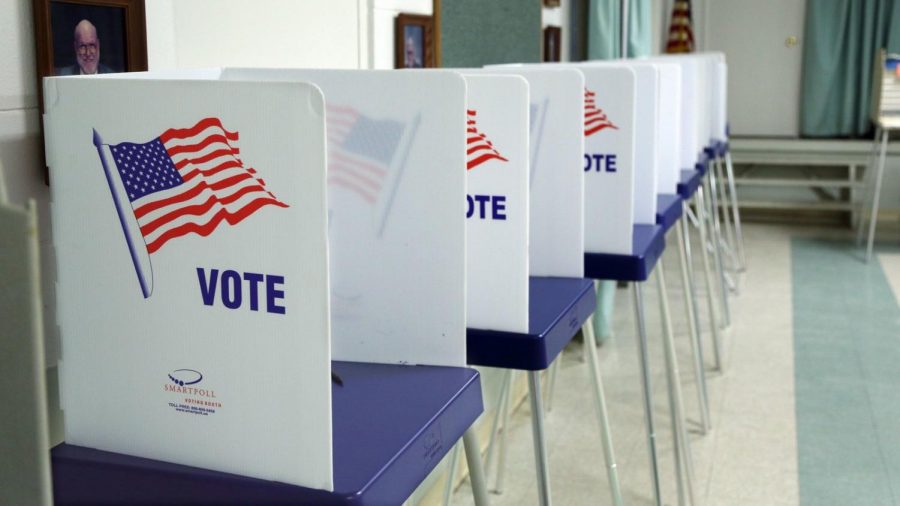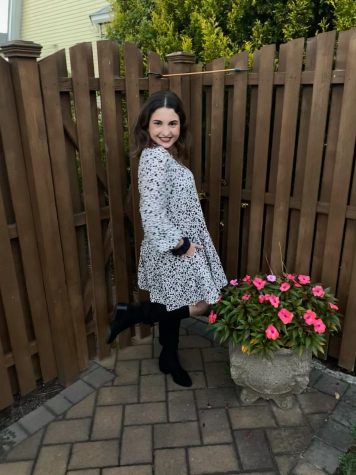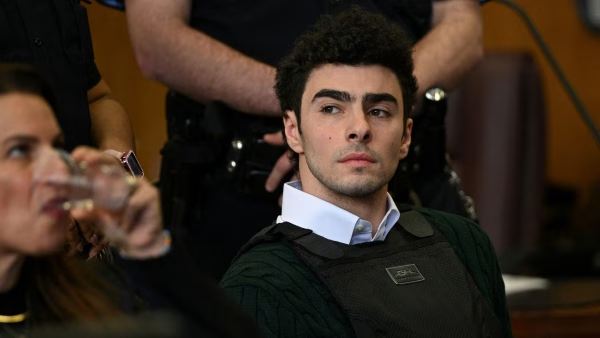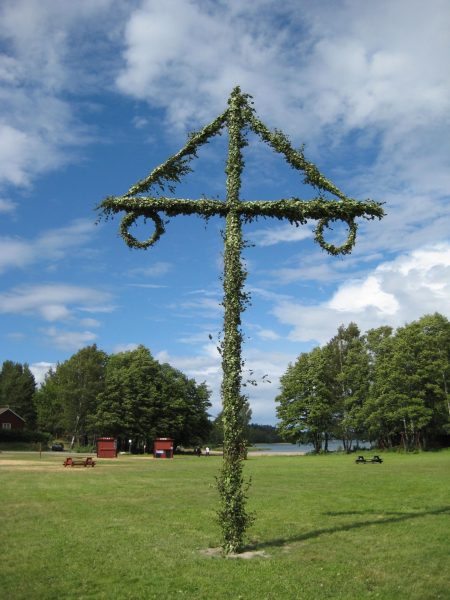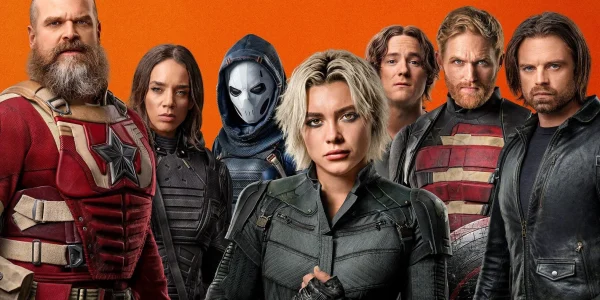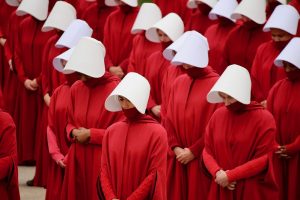Primary elections bring attention to voter suppression
June 23, 2020
In the upcoming Presidential Election, voter suppression has become a main concern for eligible voters. Voter suppression is achieved in numerous ways: voter restrictions, ID laws, purges, felony disenfranchisement and gerrymandering. Communities that are at the highest risk are BIPOC individuals, students, the elderly and people with disabilities.
New York’s primary elections will be held on June 23 but due to COVID-19, certain guidelines have been implemented. All eligible voters in the state are able to request an absentee ballot on the terms of “temporary illness.”
In Kentucky, fewer than 200 polling places will be open for voters on June 23, down from 3,700 in a typical election year, according to The Washington Post. “Amid a huge influx in requests for mail-in ballots, some voters still had not received theirs days before they must be turned in. And turnout is expected to be higher than in past primaries because of a suddenly competitive fight for the Democratic Senate nomination.”
Voter ID laws
Thirty-six states have identification requirements at polls and seven of those have strict photo ID laws. However, 21 million Americans struggle to obtain government-issued photo identification which often affects lower-income communities. University senior Emily Reyes said “I feel as though it’s nothing new based on how low-income neighborhoods with minorities as the majority [are] always being systematically set up to make voting much harder. The election this year is very important for those who are failed systematically because of Trump’s continuous push of propaganda and manipulated rhetorics to his followers.”
University junior Olivia Winter said “Voter suppression has dulled the voices of so many minorities as well as those that live in poverty. It is sad and demeaning, as those are the communities most in need of change. These groups are underrepresented and unsupported. I do not believe there is as big of a threat to mail-in ballots as the GOP is making it out to be.”
Winter is referring to the Republican Party’s distrust in the accuracy of mail-in ballots despite the fact that the current pandemic poses risks for in-person voting. Reyes said, “I’m hoping those who may have a hard time registering or receiving mail-in ballots will find other mediums to get in their vote during this time.”
While voters in some states received mail-in ballots for primaries, others waited in line for hours. The Department of Health Services claimed 71 people got COVID-19 after voting in person or working at the polls during Wisconsin’s primary election in April. It is not clear how many infections were directly caused by the election, as many individuals had other exposures.
“I believe mail-in ballots could be implemented better and easily monitored as long as there [is] a system in place that flags abnormalities in certain communities (such as a lack of ballots from that area). It’s definitely not a difficult thing to do, and gives the much-needed voices to minority and lower-income communities,” said Winter.
She continued, “Everyone that lives in this country deserves the right to vote.”
Purges
According to Fair Fight, an organization created by Stacey Abrams to combat voter suppression in Georgia and across the country, “1.6 million voters were purged from the voter rolls from 2010-2018, leaving them ineligible to vote.” Purgers “clean up voter rolls” as citizens move, die or become ineligible to vote. The problem with purges comes with inaccurate data and with no notices to voters. According to the ACLU, “A single purge can stop up to hundreds of thousands of people from voting. Often, voters only learn they’ve been purged when they show up at the polls on Election Day.”
Felony Disenfranchisement
In some states, having a felony conviction can prevent an individual from voting. While some states are trying to undo these laws, it is still a major factor in voter outcomes in each state.
The criminal justice system and felony disenfranchisement are heavily rooted in the Jim Crow era were white legislators blocked Black Americans’ right to vote by implementing poll taxes, literacy tests and voting barriers.
In New York, the right to vote is immediately restored following release for individuals who are on parole after incarceration for a felony.
Gerrymandering
Every ten years, the administration redistricts, also known as gerrymandering. The 2020 census will help redraw district lines and determine how districts will be represented, which is why it is crucial to participate.
During the 2016 Presidential Election, an estimated 90,000 New Yorkers were unable to vote due to voter restrictions. Those applicants did not meet the 25-day cut-off and resulted in New York having the eighth-worst turnout rate in the country.
Things to know, according to the ACLU
- Seventy percent of Georgia voters purged in 2018 were Black
- Across the country, one in 13 Black Americans cannot vote due to disenfranchisement laws
- One-third of voters who have a disability report difficulty voting
- Only 40 percent of polling places fully accommodate people with disabilities
- Across the country, counties with larger minority populations have fewer polling sites and poll workers per voter
- Six in ten college students come from out of state in New Hampshire—the state trying to block residents with out of state drivers’ licenses
How to protect your vote according to the ACLU
1.“Tell your senators to pass the VRAA”
The Voting Rights Advancement Act will provide modern, flexible protection to combat voter suppression across the country.
To check your registration status, register to vote, pledge to vote, get election reminders and find your polling location head to Vote.org.

